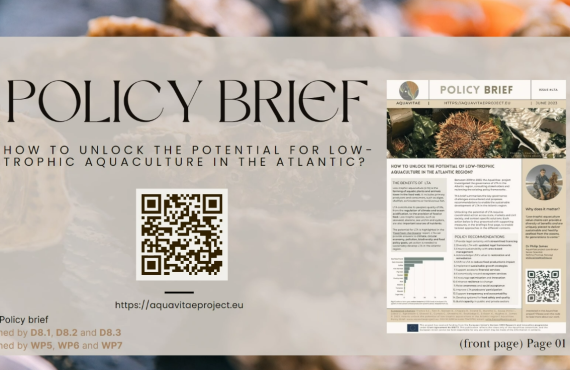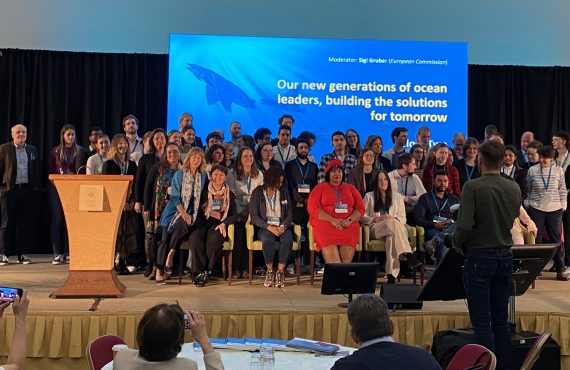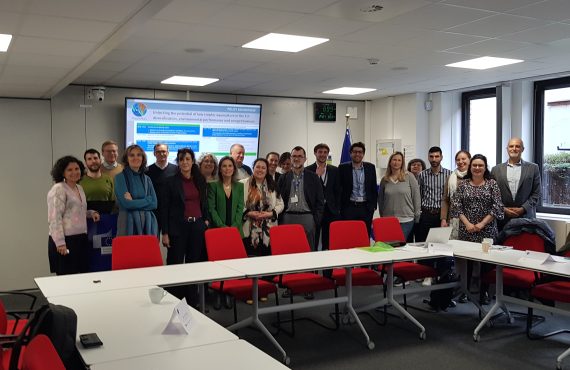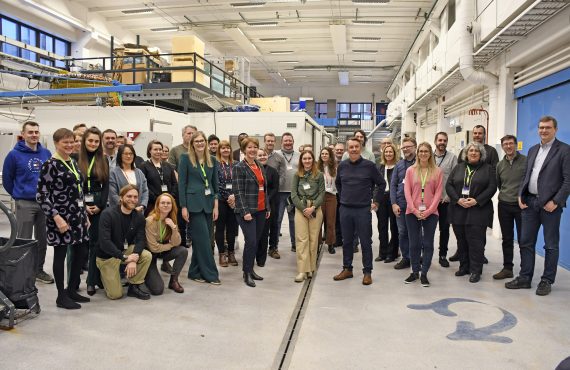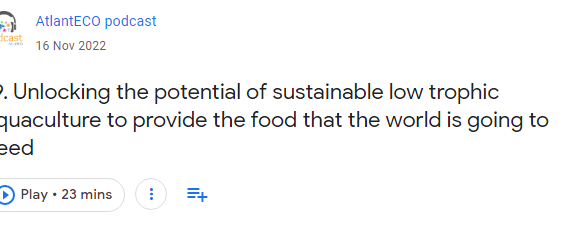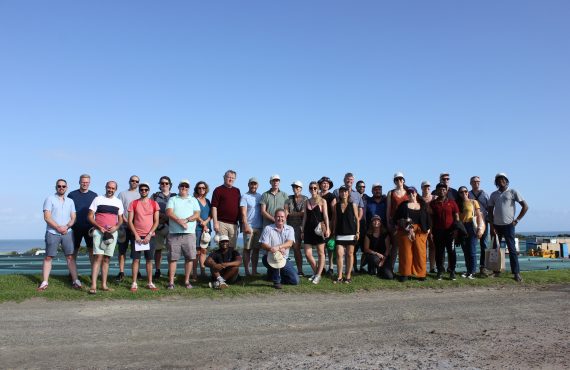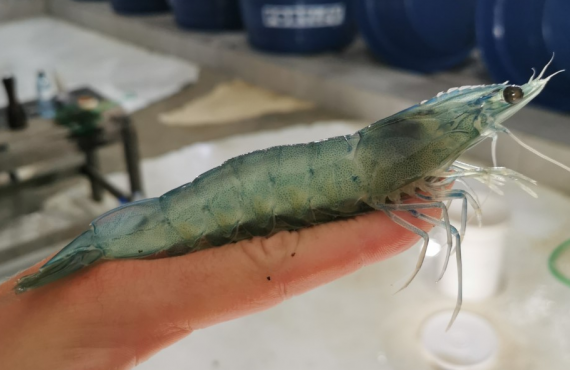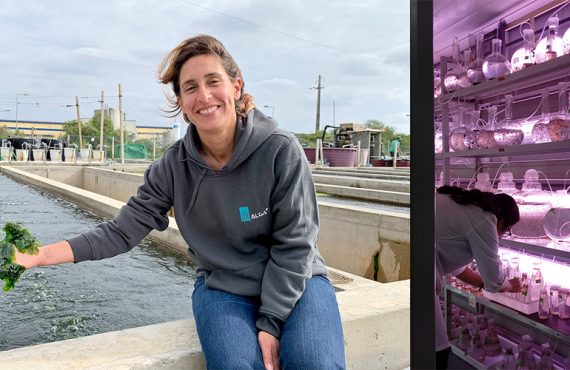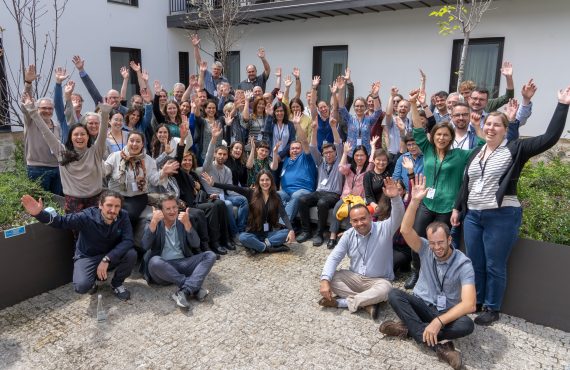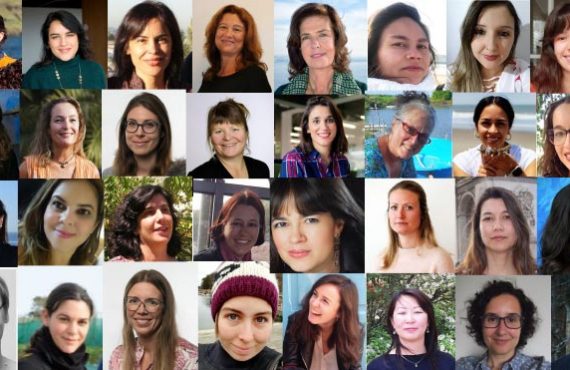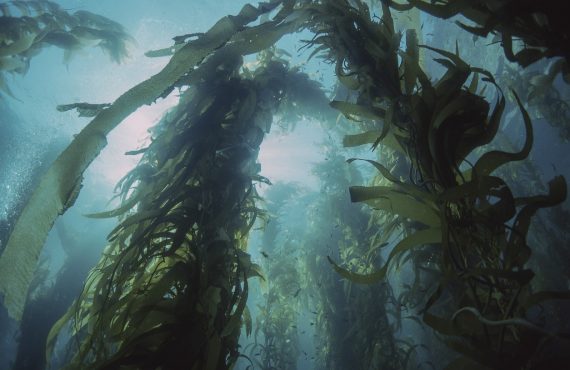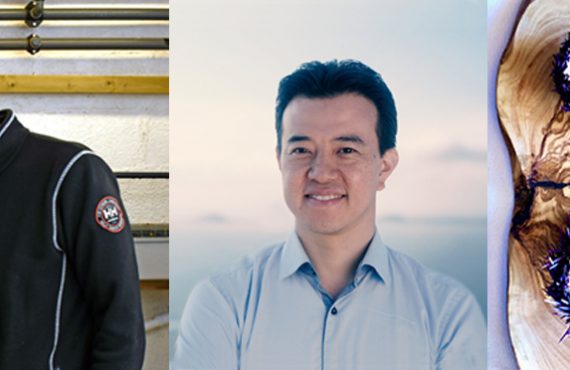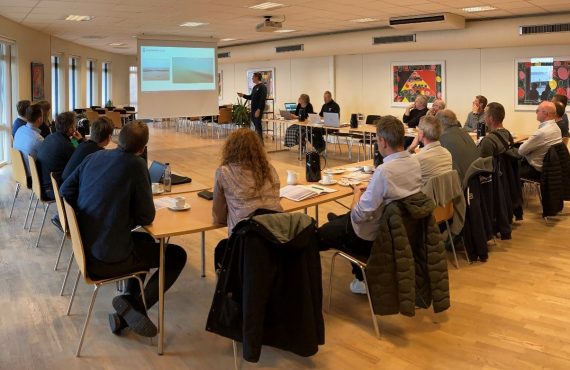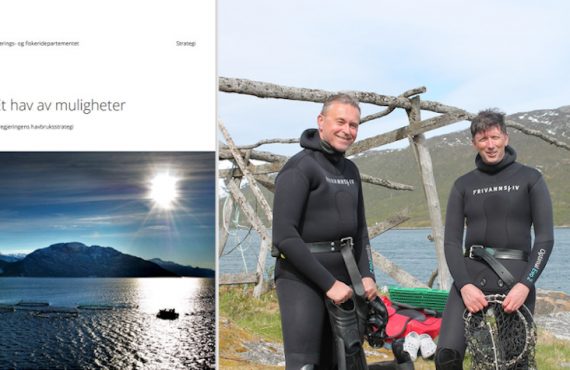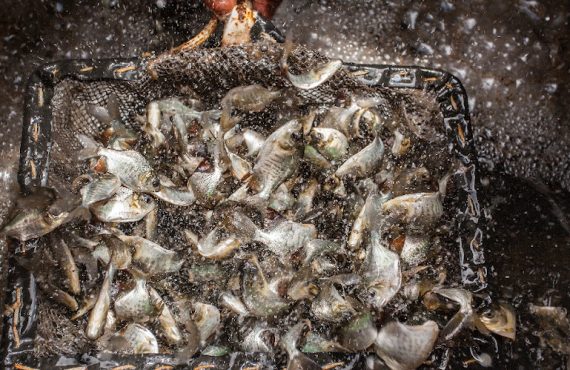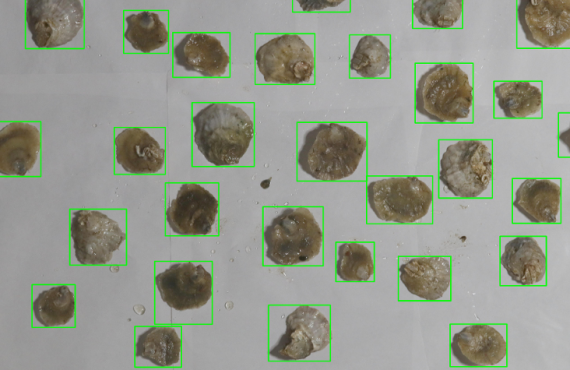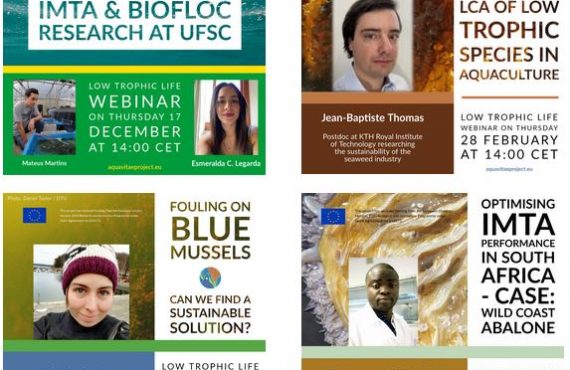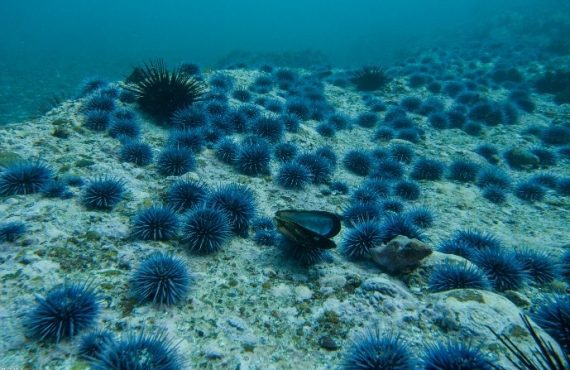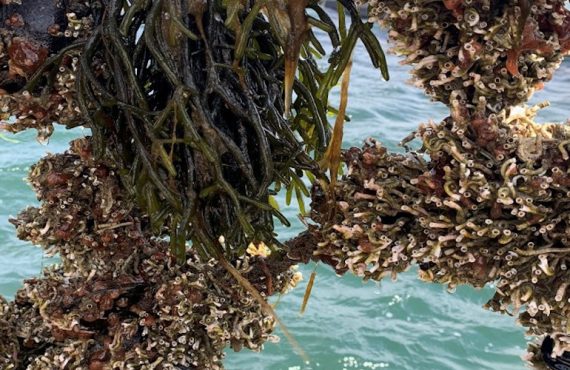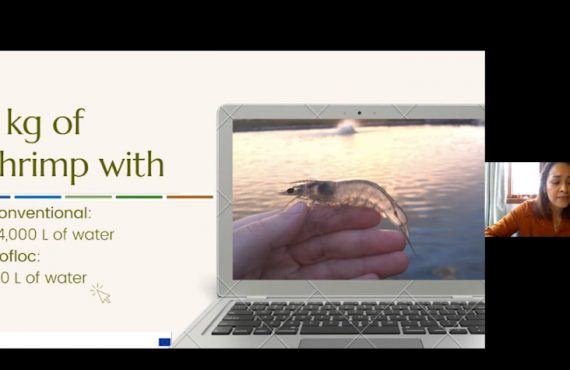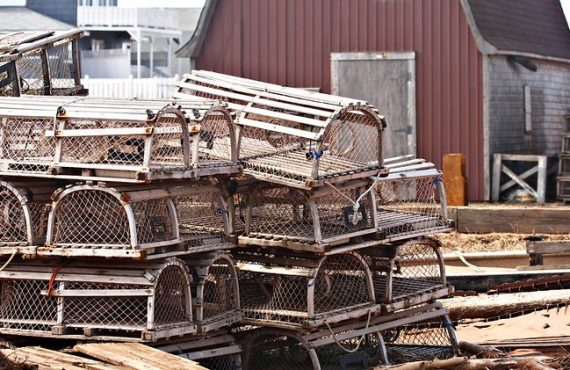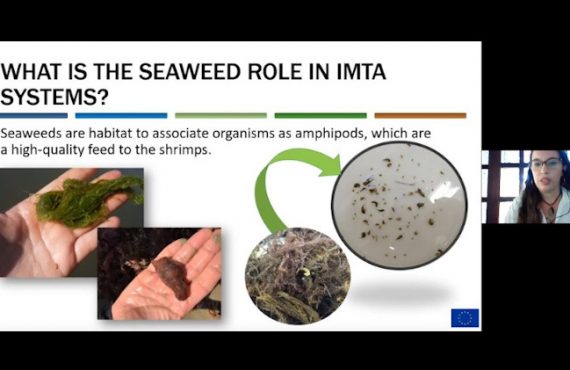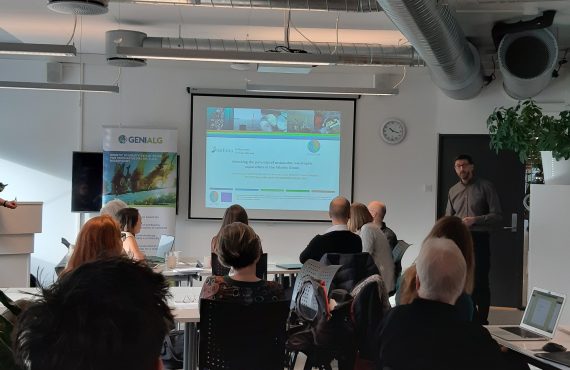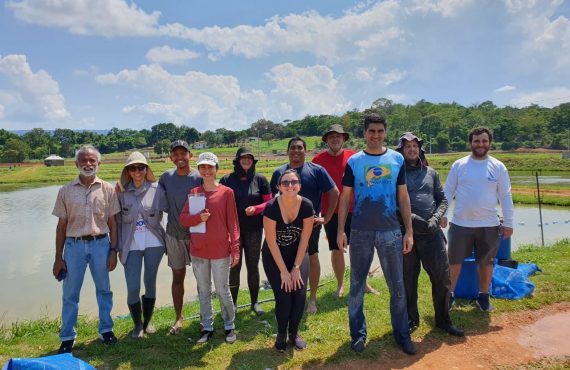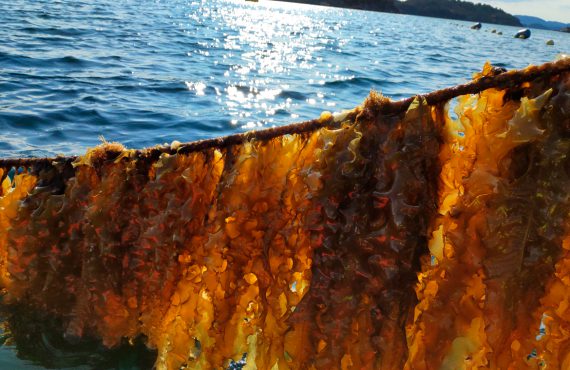Wagner Valenti´s laboratory at the UNESP.
AquaVitae´s partner Professor Wagner Cotroni Valenti was featured in Stanford’s List of the World’s Top Scientists. He was listed among the 2% of the most influential scientists of 2021 in the world in its relevant field.
Wagner Valenti is a fellow of the World Aquaculture Society and a Professor and Senior Research Scientist at the Aquaculture Center, São Paulo State University (UNESP), Brazil. He is also the Coordinator of the Sustainable Aquaculture Reaserch Network, Executive Editor of the Aquaculture Reports (Elsevier), and Section Editor-in-Chief of the Fishes journal (MDPI). Wagner has served the aquaculture profession through teaching, R&D and the development of national policies during the past 40 years.
Furthermore, he has created and directed new institutions and graduate programs, led research networks, held international positions, and published more than 200 peer-reviewed articles, books, and book chapters on aquaculture and aquatic biology. He also has patents and founded technological startups. He has been involved directly in the organization of numerous national and international conferences and has been selected as a keynote or a plenary speaker on several occasions.
His research includes assessing sustainability, integrated aquaculture, nutrient budget, blue bioeconomy, and circular economy. Wagner has been developing new systems to produce aquatic species based on sustainable principles. Recently, his team developed a set of sustainability indicators for assessing aquaculture. This technology was used by European Union for developing the method to assess the sustainability of Blue Economy.

In AquaVitae, Wagner Valenti leads the UNESP team and he is enrolled in developing Integrated aquaculture systems combining shrimps, oysters, and algae (Case Study 5). He is also involved in Work Package 6, assessing the sustainability of low trophic species, taking into account the environmental, social, and economic dimensions and governance, which is essential to reach the three dimensions of sustainability.
Wagner plans for 2023 include finalizing the development of a large commercial farm of native macroalgae in Brazil, spreading the concepts of integrated aquaculture, and supporting startups to transfer the technologies created by his research group to the private sector.
ABOUT
The Stanford´s List was created by Prof. John P. A. Ioannidis from Stanford University (UK), Jeroen Baas from Elsevier (Netherlands), and Kevin Boyack from SciTech (USA) and and their research team. They have created a publicly available database of the top-cited scientists classified into 22 scientific fields and 176 sub-fields. The criteria include, among others, standardized information on citations in different media, h-index, co-authorship adjusted hm-index, and composite indicators.




